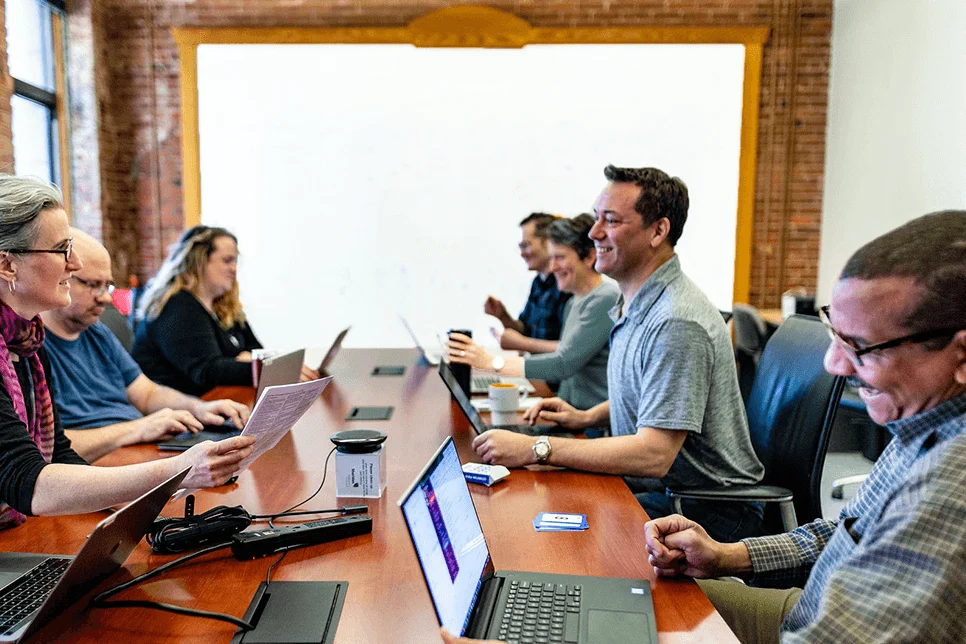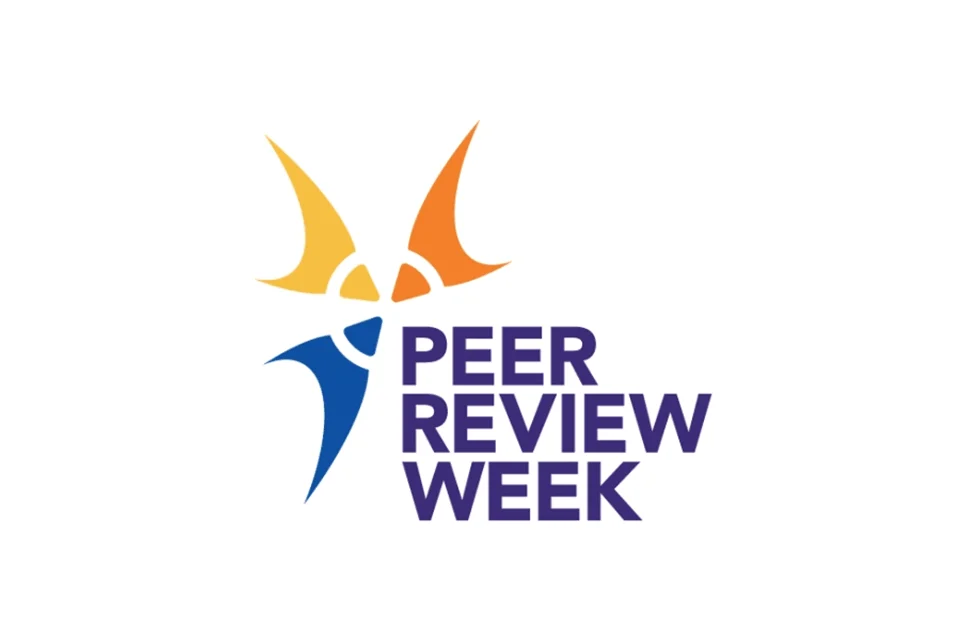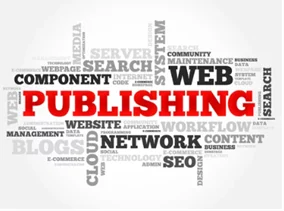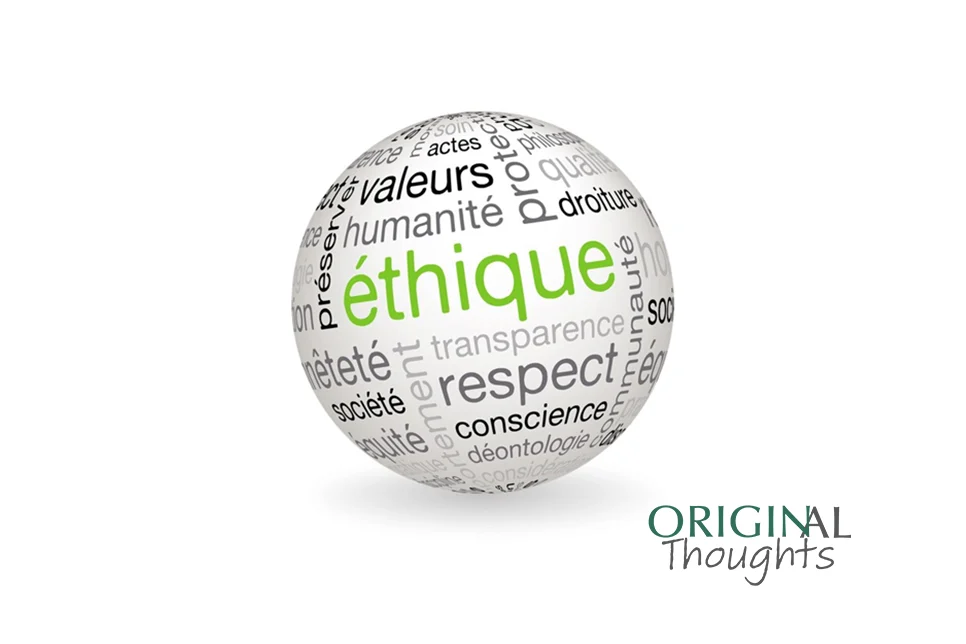Some of the most rewarding experiences in my career by far have been the close relationships I’ve established with journal editors over the years. I have found that the longer I’ve been in this business, the more these relationships have turned into partnerships—and in some cases—friendships.
As part of the 2023 KGL PubFactory Virtual Series, on October 11 we hosted Industry Day, a half-day online seminar of insights, discussion, and practical takeaways for the scholarly publishing community.
KnowledgeWorks Global Ltd. and PubFactory once again opened our virtual platform community group series to the wider scholarly publishing field on Industry Day , October 11, 2023.
Peer Review Week is an annual event to celebrate the value of peer review that brings together scholarly communication stakeholders, including academic publishers, associations, institutions, and researchers.
A journal’s workflow dictates how articles make their way through submission, peer review, decision-making, production and then, into an issue and the hands of readers. Whether a print publication or an online (digital) publication, the editorial office workflow is a critical component to compiling articles for an issue and how that issue is released.
f you’re currently in the driver’s seat of your journals’ social media program, you may find it daunting in a variety of ways. With every post I crafted for our journal social media accounts, I’d find myself questioning if what I wrote captured the most compelling takeaway for that particular research article.
In this article I will discuss hard and soft skills and how to define, evaluate, develop, and measure these attributes as they pertain to a contractor whose success with signing and keeping clients is often tied to a strong skill set in both. As independent consultants and often small-business owners, the ability to communicate effectively, yet diplomatically, with potential and existing clients is the key to growing your business. While your technical publication skills, whether copyediting, proofreading, or writing, etc. could be stellar, if initial conversations or contract negotiations don’t convey a respectful approach with your patron then chances are they will move on to another talented consultant whose tone was more professional.
Earlier this summer, KnowledgeWorks Global Ltd. welcomed Vanessa Vaughn as Senior Director, Content Services in our K-12 and Higher Education group to oversee content development for science and humanities subjects.
The textbook definition of “ethics” is: the rules of conduct recognized in respect to a particular class of human actions or a particular group, culture, etc. Ethics as they govern publishing have taken on a larger and broader scope throughout the course of my 28-year career, extending beyond the more traditional forms of ethics policies. Ethics historically focused on figure manipulation and plagiarism – but now we have moved into an era of paper mills and AI-generated reviews and manuscripts. How you handle ethics in your editorial office is extremely important to all stakeholders involved in the peer review process; therefore, having a firm grasp on exactly what your policies are and how you enforce them is paramount.










